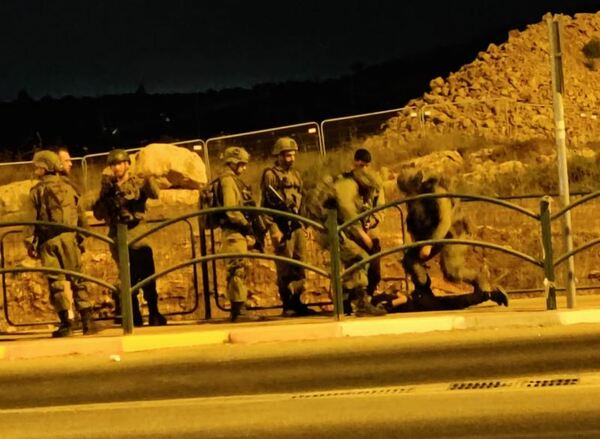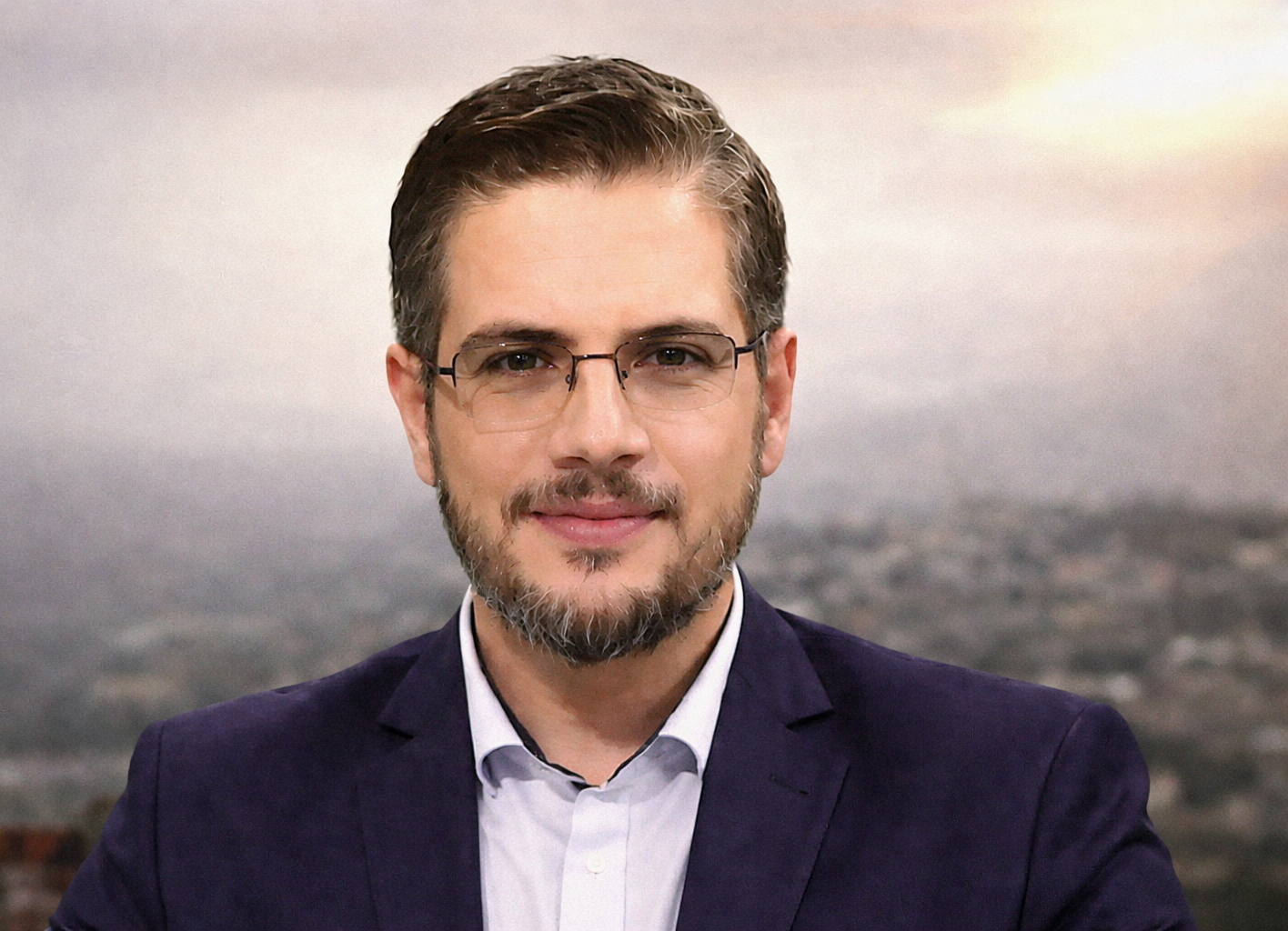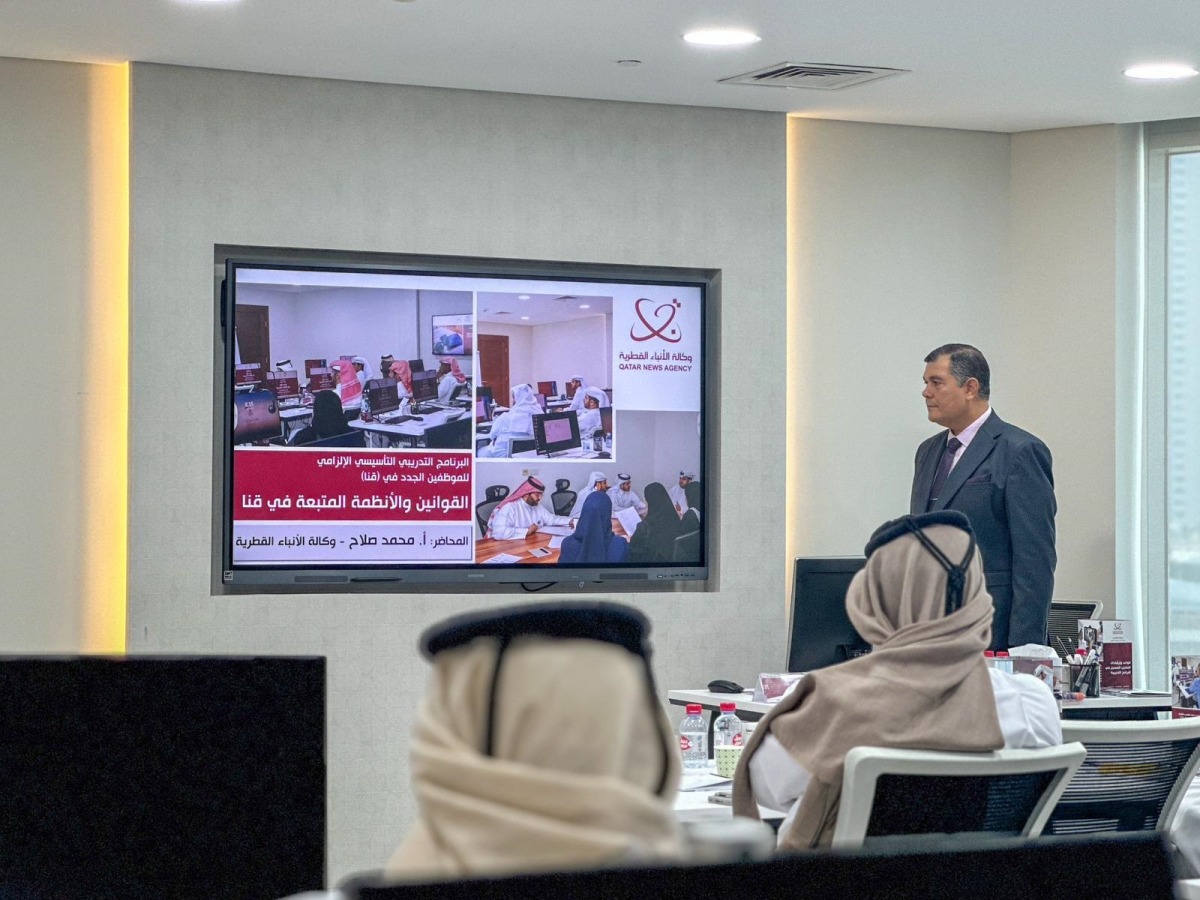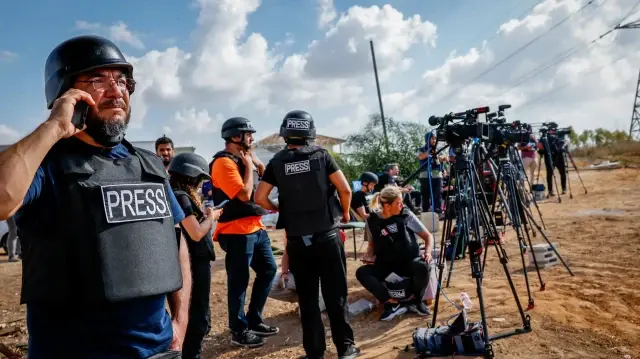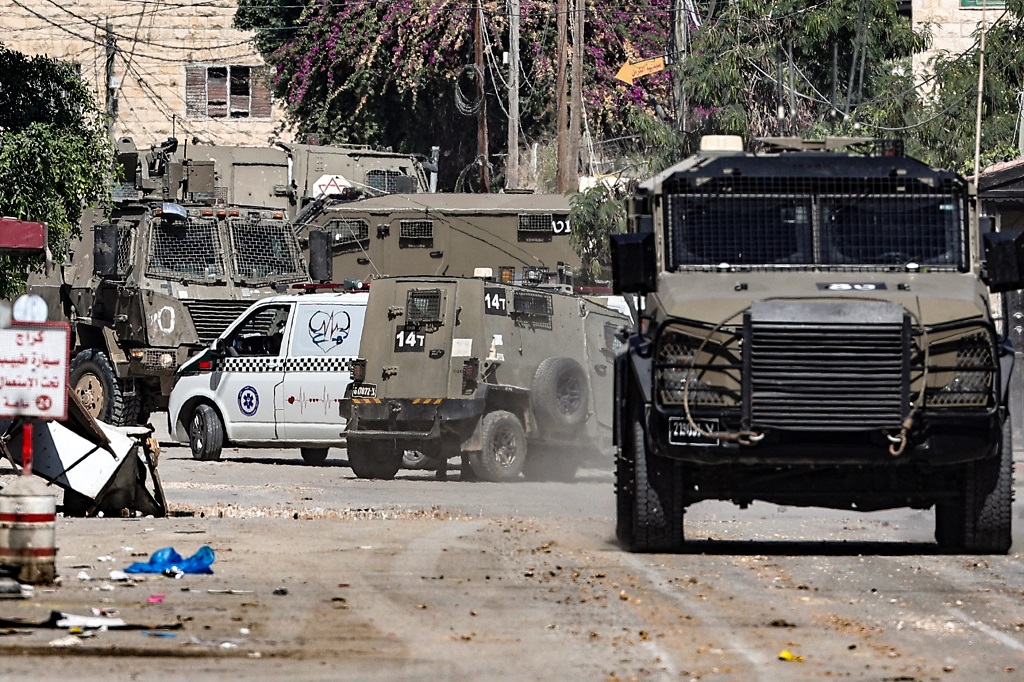
Israeli Forces Detain Journalists in Jenin and Jerusalem Amid Escalating Crackdown
March 8, 2025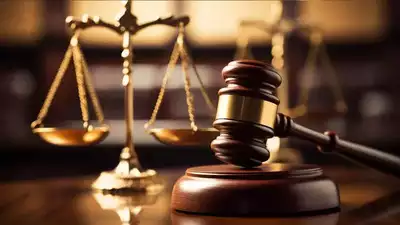
Journalist Detentions in Kashmir and Uttarakhand Raise Press Freedom Concerns
March 9, 2025March 08, 2025 – Palestine –
Palestinian journalist Ahmad Jalajel was detained twice by Israeli occupation forces in Jerusalem, highlighting ongoing challenges to press freedom in the occupied territories.
The first detention occurred on the evening of Wednesday, March 5, when Israeli soldiers arrested Jalajel from his home in the Silwan neighborhood of East Jerusalem during Iftar, the breaking of the Ramadan fast. He was taken to a detention center in Jabal al-Mukaber, where he was interrogated for several hours before being released the same night.
Just three days later, on Saturday, March 8, Jalajel was again arrested, this time from the Al-Aqsa Mosque compound, one of the most sensitive and contested sites in Jerusalem. Israeli forces detained him and took him for further questioning, sparking concern among Palestinian journalists and human rights advocates.
These repeated detentions form part of a broader pattern in which Israeli authorities frequently target Palestinian journalists, particularly in East Jerusalem and other occupied areas. Journalists face arrest, harassment, house arrest orders, and bans from key sites such as Al-Aqsa Mosque, often on vague charges related to their journalistic work or accusations of incitement linked to their social media posts.
Jalajel’s case exemplifies the precarious situation of Palestinian journalists who report under constant threat and surveillance. Their work documenting life under occupation and the ongoing conflict often makes them targets of state repression, undermining the principles of press freedom and the public’s right to information.
Human rights organizations have condemned such tactics as attempts to silence dissent and control the narrative in the occupied Palestinian territories. The detentions not only disrupt the professional and personal lives of journalists but also contribute to a climate of fear that can limit independent reporting.
Ahmad Jalajel’s experiences underscore the broader struggle faced by media personnel working in conflict zones worldwide, especially where political tensions and military occupation intersect with efforts to restrict free expression and press freedom. His story calls attention to the urgent need for protecting journalists and upholding their rights in such volatile contexts.
Reference –
https://www.saba.ye/en/news3448011.htm

